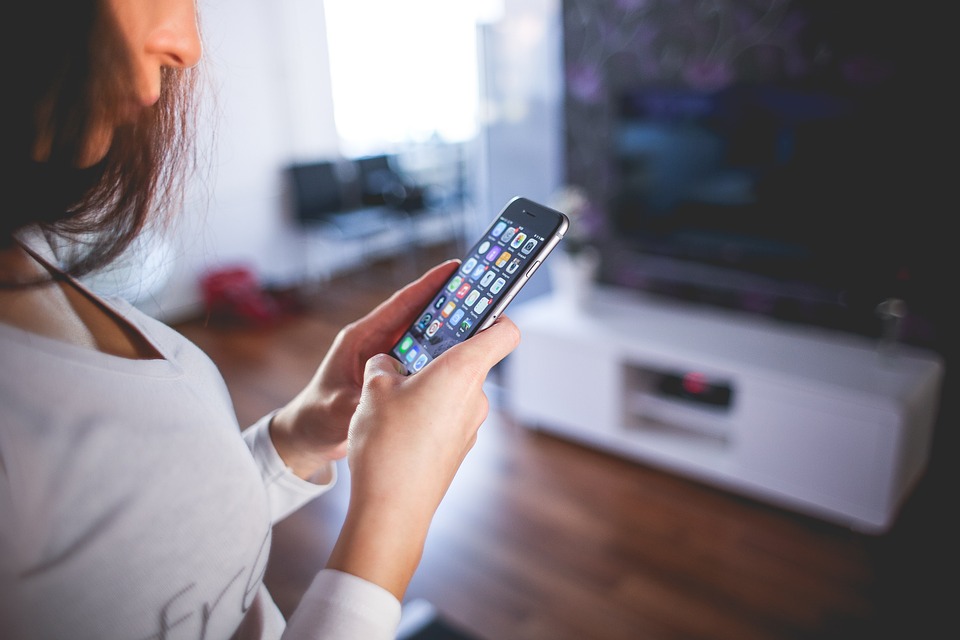Aggregated News

Last week, Google announced its latest foray into health care – an ambitious project to collect vast amounts of health data from 10,000 volunteers. The company’s health spinout Verily describes its Project Baseline as “an effort to map human health”.
People have been mapping human health by collecting data from volunteers for decades, but Google is billing its version as a step change. That’s largely down to the addition of snazzy new technologies that Verily will use to track the study participants: with more frequent and reliable data, the company says it will be able to draw conclusions no one has.
But is this simply a techno-fetishisation? And worse, could the vaunted technology even get in the way?
Along with a range of medical scans, genome sequencing and gut microbiome analysis, every participant in Project Baseline will be given a Study Watch, worn on the wrist to measure movements, skin conductance, heart rate and rhythm, as well as a separate device that will be in their bed, monitoring their sleep.
Self-reporting pitfalls
This approach is very different from...



